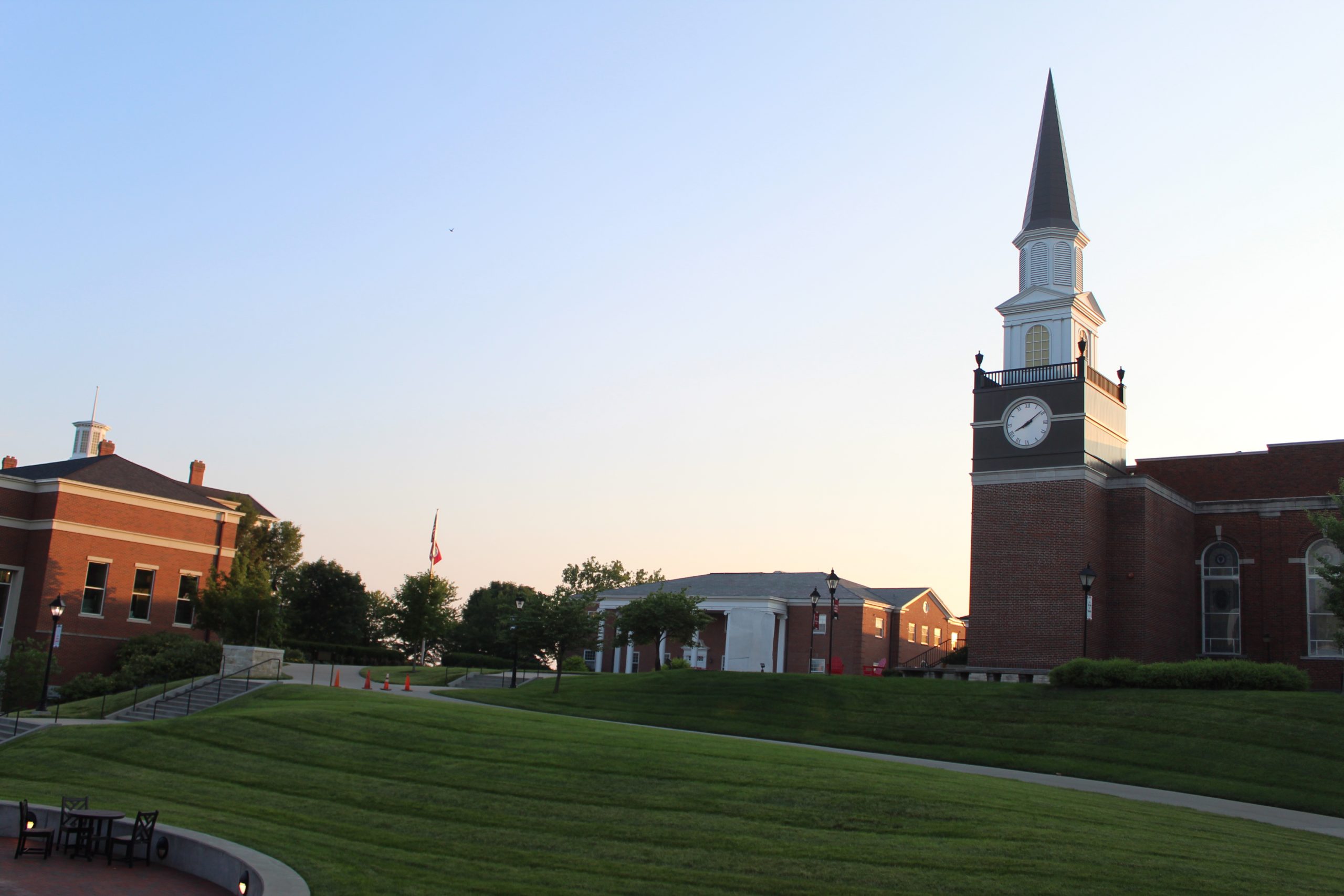
Following what was initially intended to be an extended spring break, William Jewell College students were officially prohibited from residence halls as a result of risks associated with the COVID-19 pandemic. In mid-April, the College rolled out credits and refunds for the portion of time students were unable to live on campus.
Joe Garcia, vice president for finance and operations, notified students April 3 that the College’s normal refund policy would be suspended in light of the unprecedented conditions brought on by COVID-19. The refund policy for room and board has historically stated that students can receive refunds only up to the fourth week of classes, with the amount being refunded depreciating 15 to 25 percent from week to week. That is, 100 percent being refunded if the refund is requested prior to the first day of classes, 90 percent the first week, 75 percent the second week and 25 percent the third week. In its place, Garcia promised refunds for room and board costs for the eight remaining weeks of the spring semester.
In addition, the College raised the maximum account balance permitted for class registration to accommodate for students experiencing financial stress as a result of COVID-19. Typically, the maximum account balance permitted is $250, but Garcia announced in the April 3 email that this balance would be increased ten-fold to $2,500.
Returning students had the option to fill out a form requesting a refund instead of having credits automatically applied to their accounts, while non-returning students received a check in the mail. Approximately 10 percent of returning students requested a check, while the remaining 90 percent of returning students had the credit applied to their account.
The amount credited or refunded was equivalent to eight weeks of room and board charges, which vary according to which residence hall and meal plans students select. On average, the credit or refund was approximately $2,400. Students who had existing credits owed to the college saw their balance reduced by the credited amount.
Other colleges and universities in the area took slightly different approaches to calculating refunds. Rockhurst University in midtown Kansas City, Mo., for example, allotted refunds that amounted to 50 percent of spring semester room and board fees. The University of Missouri – Columbia, allotted refunds amounting to 45 percent of spring semester on-campus housing fees for students who vacated their residence halls by April 3.
Garcia commended the College’s business office for their quick and precise turnaround in doling out refunds following the news that students would not be returning for the remainder of the spring semester.
“The Business Office deserves credit for reviewing every account to ensure the credit was accurate and that refund checks were distributed expeditiously. They, as usual, did a great job,” Garcia said.
Garcia noted that the College lost $1.4 million in auxiliary revenue due to the refund rollout, which placed a significant amount of stress on the total operating budget. However, due to relief funds the College received from the Paycheck Protection Program, Garcia also acknowledged that some of this burden has been eased.
